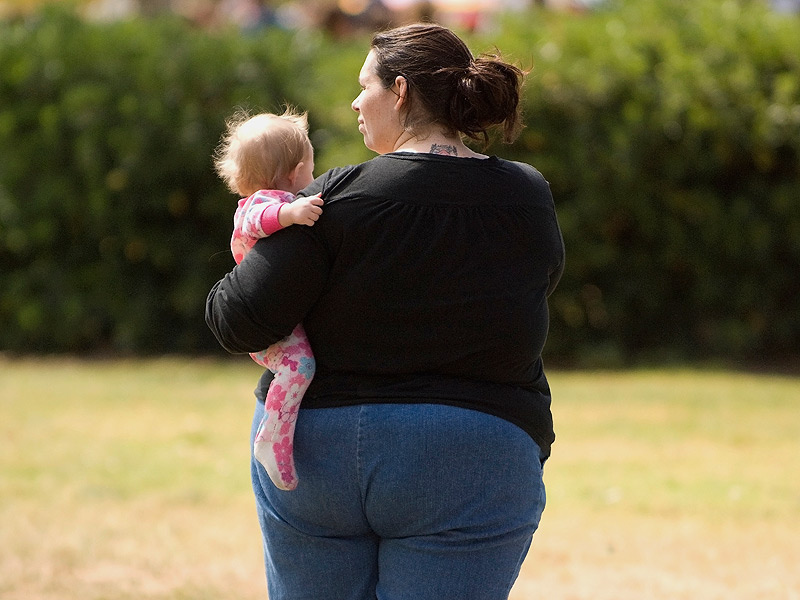
A new research study conducted in Belgium found some interesting correlation between obese mothers and the higher biological age of their babies. The study analyzed information from 743 mothers and their newborn babies, who were part of the study. These mothers were aged between 17 to 44 years. The umbilical cord blood samples of the babies were obtained immediately after the delivery, for the study purpose, and the telomeres analyzed.
The telomeres, which are the caps that protect the ends of a chromosome, shorten as the age increases. But the rate of shortening differs from person to person. For the biological age, telomeres are the benchmark.
The telomeres of the babies of obese mothers and normal mothers were compared and it was found that newborn babies of obese mothers had shorter telomeres.
According to the co-author of the study, Tim Nawrot – the results of the study support the fact that high maternal Body Mass Index (BMI) of the mother impacts the fetal DNA programming. Even a 1-point increase in the BMI of the mother alters the length of the telomeres in the babies. This shorter telomere length is linked toage-related diseases.
However, there are other factors that come into play, such as the weight of the father, which may also affect the length of the telomeres in the babies. Hence the findings of the study are inconclusive and cannot completely prove the association between a mother’s weight and the telomere length of the babies.

Erin Wildermuth is a science writer based in Miami. She is passionate about using technology to improve human health.
